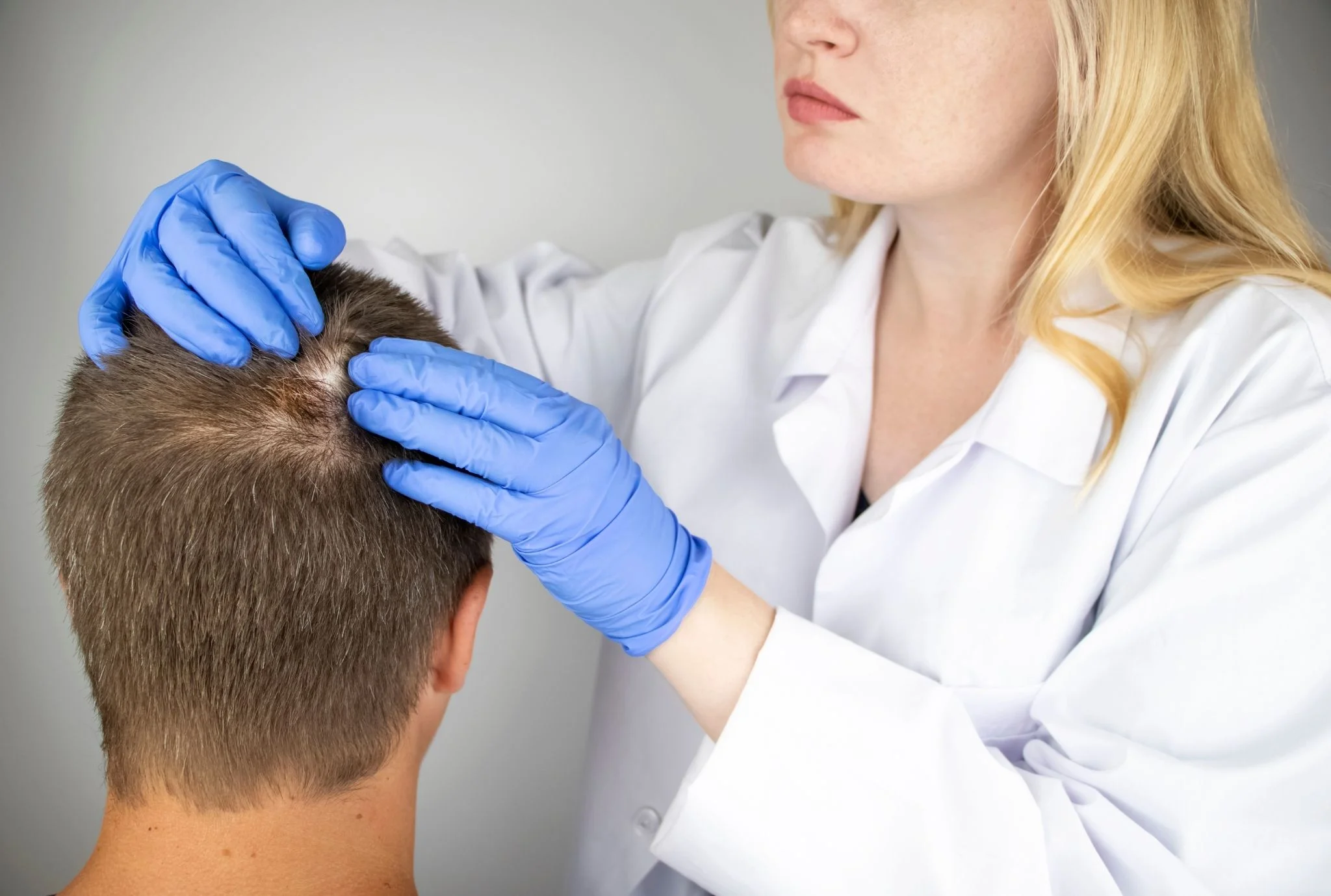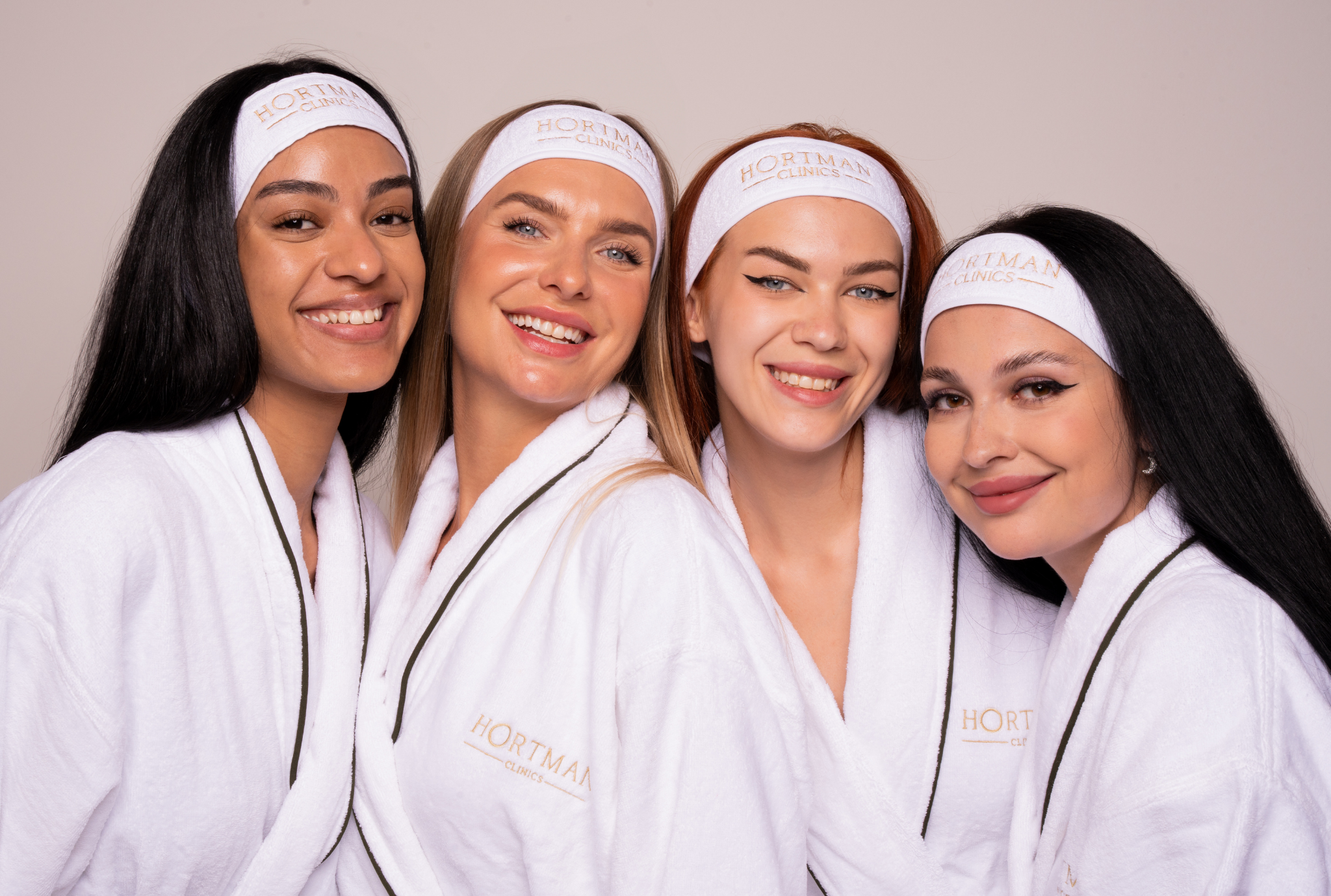What is Alopecia?
Hair loss is medically termed alopecia. It can be partial or complete. Hair loss can occur naturally or due to an underlying condition or medications.
The symptoms of alopecia depend upon its type, the cause of the condition, and the individual's overall health.






